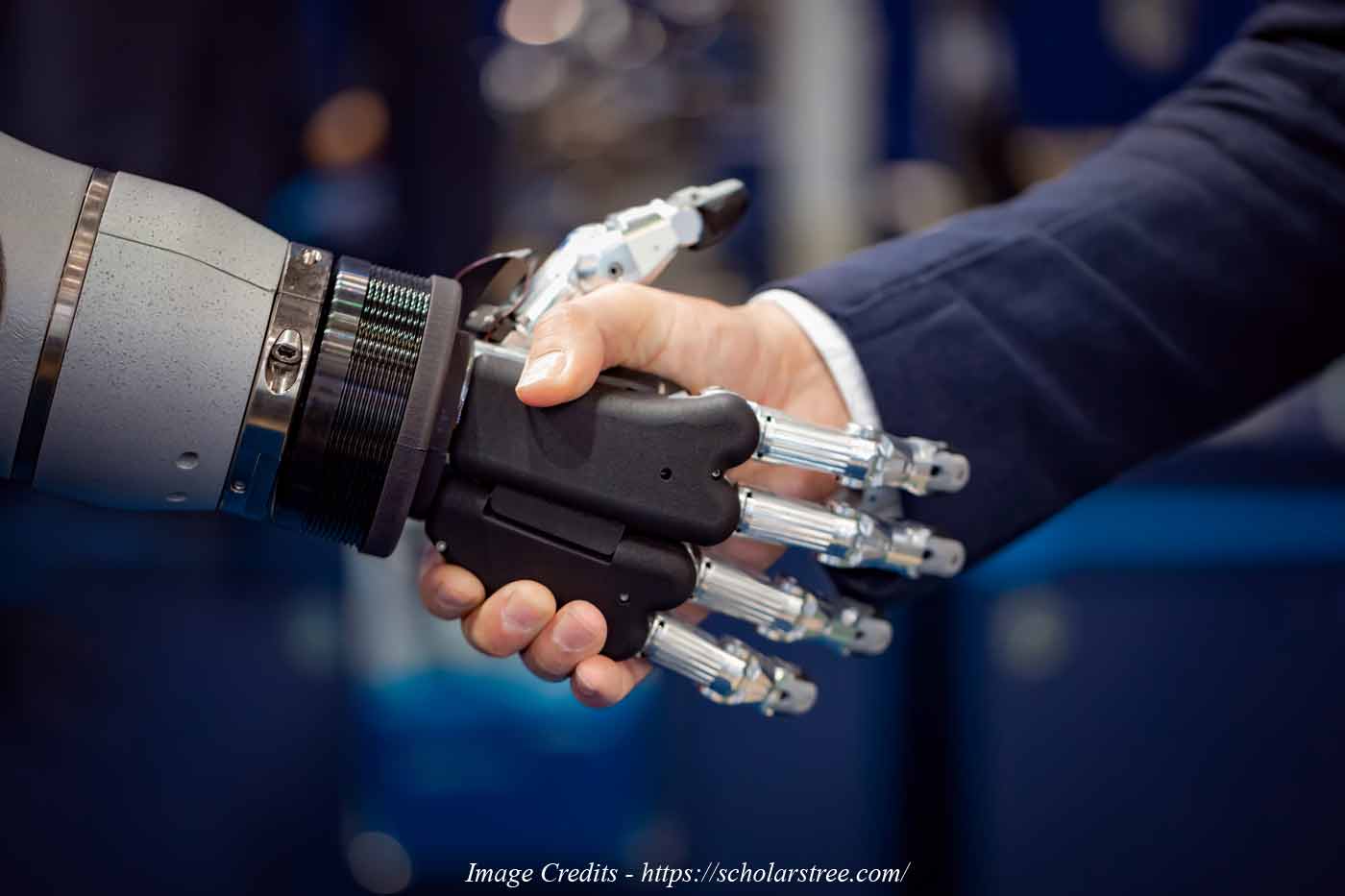AI-based technologies are emerging as a new mechanism to serve various purposes across different sectors like healthcare, transport, finance etc. AI systems are finding extensive application to support these capabilities across industries and agriculture is just one of them.
As agriculture is a diverse area and ours is predominantly an agriculture based nation it is very important to understand the role of artificial intelligence in this field. AI is helping the farmers to monitor their crops eliminating the need for physical presence in the farm. Many startups and organisations are trying out their hands for AI development in agriculture. AI holds the promise of meeting the increased demand for food (global need to produce 50% more food and cater to an additional 2 billion people by 2050 as compared to today).
AI is redefining the traditional pattern of agriculture. The future of AI in agriculture is way ahead in offering with advanced approaches.
AI is emerging as a new factor of production in agriculture .It has the possibility to steer a food revolution address challenges such as inadequate/lack of irrigation, and overuse / misuse of pesticides and fertilisers. AI can overcome the physical restrictions of capital and labour thereby redefining the conventional agricultural model through revolutionary transformation. AI-powered solutions will not only enable farmers to do more with less, it will also improve quality of produce and ensure faster reach to markets.
AI Agriculture Bots
AI-enabled agriculture bots help farmers to find more efficient ways to protect their crops from weeds. Also due to labour shortage and the increasing pressure of food security globally AI is helping to overcome the labor challenge. AI bots in the agriculture field can harvest crops at a higher volume and faster pace than human laborers. Robots are assisting in harvesting of high value crops like tomatoes, strawberries, cucumbers and orchard fruit like apples by precisely identifying ripe versus unripe fruits, harvesting and sorting them.
AI To Reduce Pesticide Usage
AI can be used to manage weeds by using computer vision that can recognize and make management decisions about every single plant in the field through robotics, and smart machines. Farmers can keep a check on the weed by collecting data that helps the farmers to spray chemicals only where the weeds occur in the field. As a result reducing the percentage of the herbicide volumes that growers spray today globally.
AI For Crop and Soil Monitoring
Computer vision and deep-learning algorithms to process data captured by drones and/or software-based technology to monitor crop and soil health is being done by companies. Real time image data can be generated to step up precision farming. Before the crop cycle, drone can be used to produce a 3-D field map of farm area, drainage, soil profile and irrigation. Crop and soil nutrient management can also be done by drone solutions.
AI in Forecast Analytics
AI models are being developed to track and predict various environmental impacts on crop yield such as erratic weather patterns. Seasonal forecasting important for farmers with large number of small land holdings in developing countries. Technology can also be used to identify optimal sowing time , climate data, real time Moisture Adequacy Data (MAI) from daily rainfall and soil moisture to build predictability and provide inputs to farmers on ideal sowing time.
References:
https://www.postscapes.com/agriculture-robots/
https://www.mindtree.com/sites/default/files/201804/Artificial%20Intelligence%20in%20Agriculture.pdf










